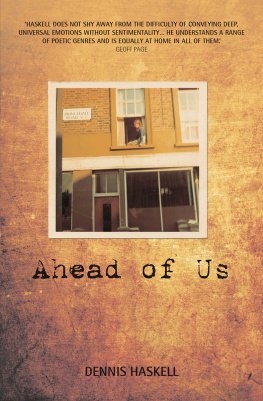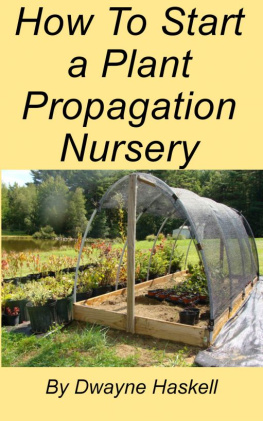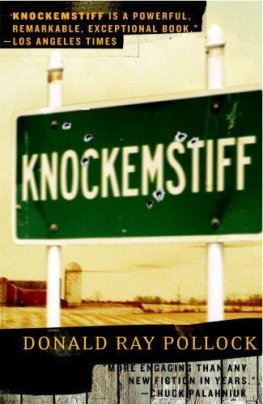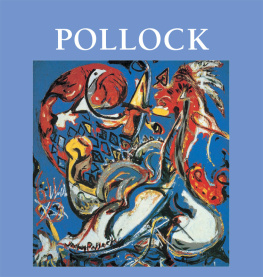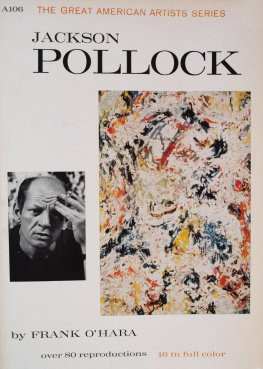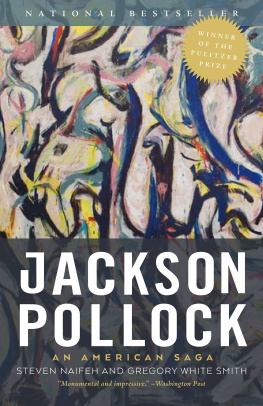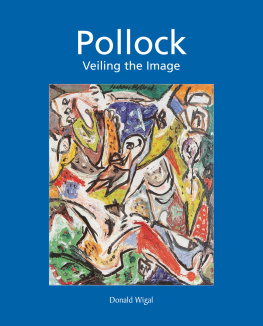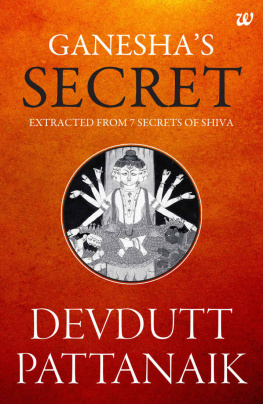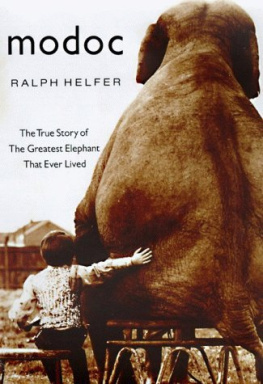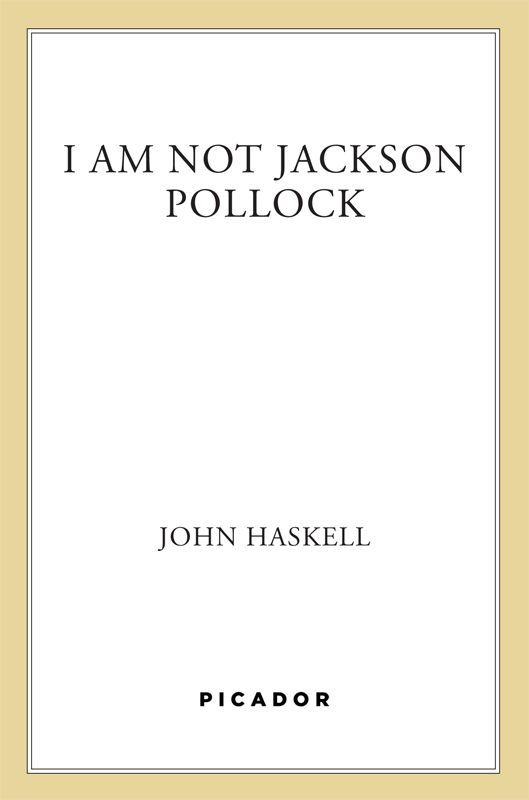Contents
Guide
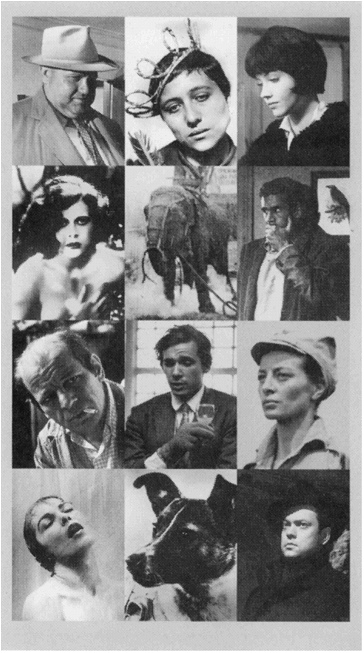

The author and publisher have provided this e-book to you for your personal use only. You may not make this e-book publicly available in any way. Copyright infringement is against the law. If you believe the copy of this e-book you are reading infringes on the authors copyright, please notify the publisher at: us.macmillanusa.com/piracy.
CONTENTS
For my father, John Haskell,
and my aunt, Harriet Haskell
I am not Jackson Pollock. I should say I am not Jackson Pollock, the famous artist, when he walked into the Cedar Tavern and there was a girl sitting in a booth at the back of the bar and he wanted to go to her. So he did. I should say he started to go to her, but he was feeling a thing he called nervousness, a feeling in his body that he didnt like, so he stopped at the bar for a drink, a whiskey. After the whiskey he was still feeling the nervousness, so he had another drink. But the feeling wasnt going away; in fact it was becoming more intense and distracting and when he tried to control it, by holding it in or down, his body would rebel against him, or against itself, and all he knew to do was have another drink, a whiskey, and a beer to go with that, and a whiskey to go with that, and a beer to go with that
Hes standing, leaning his elbows on the bartop, and the distance between where hes standing, with his empty glass, and where the girl is sitting, with her dark hair, expands, like an expanding universe. Shes getting farther and farther away, and part of himhis desiregoes to the girl, while the rest of him stays at the bar, drinking and trembling. And as the distance between where he is and where he wants to be expands, he finds hes getting farther away, not only from the girl, but also from himself, or that part of himself that would act on his desires. Theyre not bad desirestheyre simple desiresbut theyre frightening because they involve another person who may or may not like him. He smells like beer and Camel cigarettes and she may or may not like his smell. So he stays where he is, fixed in space, and reacts, not to his own trembling, which he hates, but to the girl, who he sees as the source of his trembling. Who is she? he thinks. Shes nothing. Shes some nothing. Im Jackson Pollock. Im the greatest living painter in the world. But this attempt to obscure or deny the feeling he doesnt want to feel, doesnt work. Hes standing at the bar, with his elbows dug deep into the barwood, watching her, not going near her, but looking at her and waiting, wishing that she would do something, hoping that she would get up and do something to relieve his stupid pain, although it isnt pain exactly, but something like it, and he doesnt like it, and he wants her to take it away; he wants her to stop what hes feeling. And she isnt doing it. She isnt doing anything. So he thinks, Fuck her.
* * *
Jackson Pollock dreamed of a clean slate. He tried to free himself from the past so that he could begin at the beginning and paint what he wanted to painta thing he called the unconscious. He said, The source of my painting is the unconscious, and he wanted to paint, not just about, but with this thing. He wanted to break through to this thing, to poke a hole in the fabric separating him from it, and thats what he did. Thats what he painted. Not the hole in the fabric: his struggle was not finding a language to merely describe the hole; his struggle was to tear at the hole and open the hole and go into the hole, and thats what he did. And from there he splattered his paint on the canvas.
He was attracted to the unconscious thing because he had an unconscious or unknown or chopped-off part of himself. He didnt want it known because he didnt want it taken away. Anything known, he felt, would be taken away. Every time he painted a painting it was taken away by the shit-ass critics and collectors who left him with nothing, except the desire to change what was happening. Painting was a way to change, not only the world, but the way he was in the world, and thats why he cultivated, not desire, but something like desire, something inside of him that would eat at him until either he or the world was different.
He had a dream I think, and in the dream he walks out of the Cedar Tavern, stands on the sidewalk, looks out onto the street, and the black pavement of the street becomes the ocean. When he turns around the tavern is gone. His friends are there, standing on the pier, drinking and laughing, and theyre looking into the water. He looks into the water, and he can see in the water the thing that he wants. He doesnt know what it is because the water obscures his vision, but he knows he wants it. Theres a rope coiled up by his foot and he takes that rope and he ties one end around an old wood piling and the other end he ties around his stomach, with a good solid knot. Then he jumps into the water and he dives down. But the water is dark, and he cant see so he has to feel, with his hands, for the thing that he wants. But the rope is too short. So he comes up for air. Standing again on the pier he looks around and his friends are taking off their pants. Theyre putting on swimsuits, laughing, their voices far away. Behind them, a seagull, perched on the cab of his dads gray pickup, watches him with one eye. The bird shits, jumps up, and then flies through the air. And Jackson thinks, I am a bird, and he unties the rope from his waist, and holding the end of it in one hand, he dives like a bird into the water. With his other hand he reaches out to feel for the thing he wants. But he cant feel it. He cant feel anything. And he hates that. He wants to feel something. He wants to feel the thing that he saw was there. He saw. It was there. He would like to let go of the rope and reach out
* * *
He staggered into the Cedar Tavern. This was 1956 and the girl, whose name was Ruth, was standing at the end of the bar, full-figured, dark-haired, and looking at him. Lee, his wife, was sitting at a table. He walked to the bar, to a point equidistant between the two women, and started drinking himself into a state of numbed oblivion. At a certain point Ruth walked over, sat on the stool next to him, and began asking him questions about who he was. He wasnt comfortable talking about himself so instead he talked about Pollock, the artist, the greatest one, according to the magazines. He explained to her, not his position, but the position of Jackson Pollock after hed painted his drip paintings. He had discovered this language that let him say what he wanted to say, that let him get his unconscious out and down on the canvas. And thats what he did. That was good. And he continued doing it because it was what the language let him do. He could get his unconscious out and down and with purity too, but sometimes purity is not enough, sometimes you want something more, and he was saying that Pollock wanted more and needed more and needed to be given more, and as he told her this, gesticulating with his hands, he touched her lightly on her arm. And he could feel her respond, and smile. So he continued. About how Jackson Pollock tried to find a new language. Hed spent a lifetime making the hole and getting into the hole and now he wanted to get out. But he was stuck. And his old language, which had been a good language at one time, wasnt working; it wasnt giving him the satisfaction or fulfillment hed gotten when he opened the hole for the first time, went into the hole, and splattered the paint exactly where the canvas wanted it. Now he was saying he hated the canvas. And Ruth was rapt. She was listening intently, absently placing wisps of hair behind her ear. And as he was telling her about the violence and passion of the man named Jackson Pollock he could see out of the corner of his eye his wife getting up to go, and she was mad, he could tell, and he said, Hold on, to Ruth and he walked outside to catch up with Lee. Theyd been breaking up for a number of years so he knew her well enough to know that shed be walking back to their room. But when he got outside she wasnt walking anywhere. She was standing right there on the sidewalk, her hands on her hips, right on the corner, waiting. She was an artist and so she had that fiery vein of emotionality right below the surface, and now it was right on the surface, open and flowing, and she was yelling, What the fuck are you doing to me?


